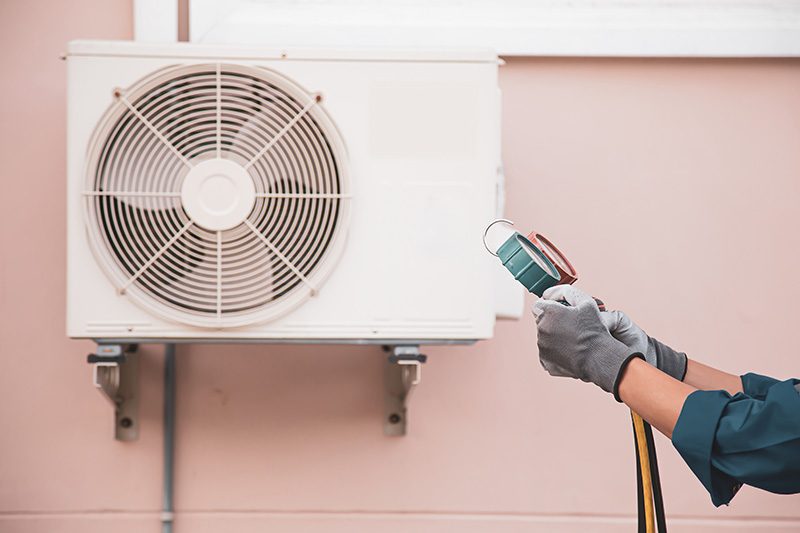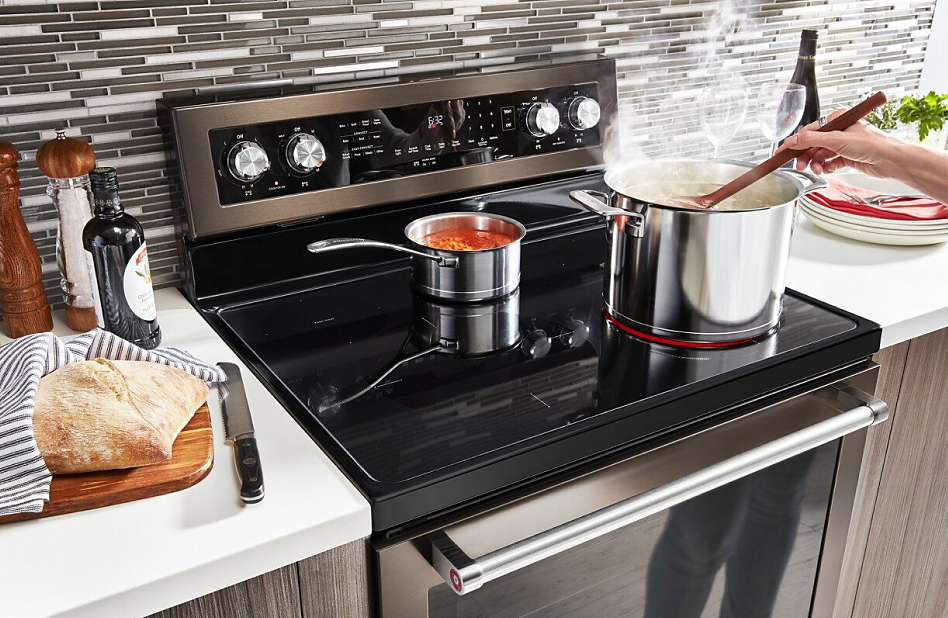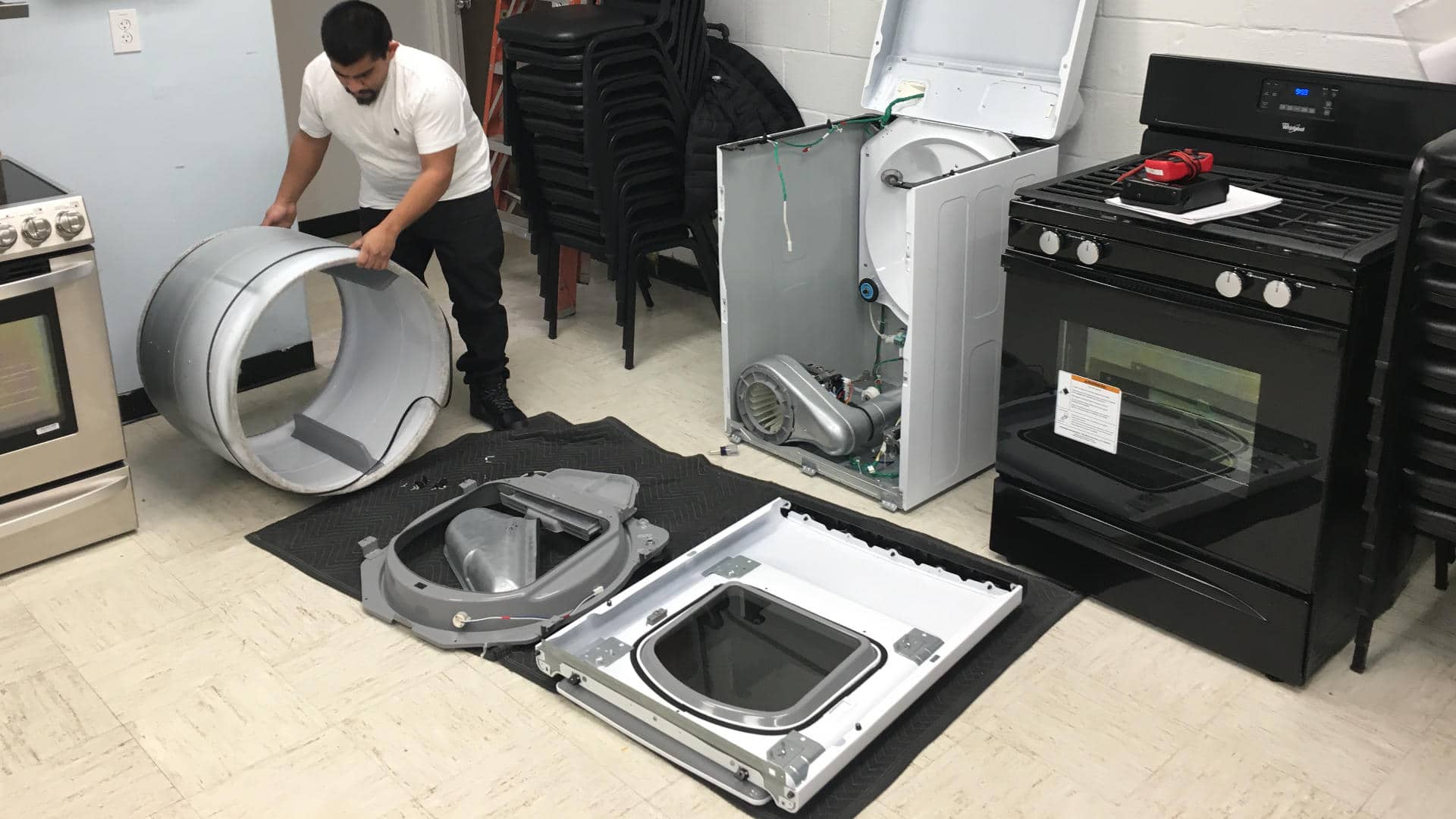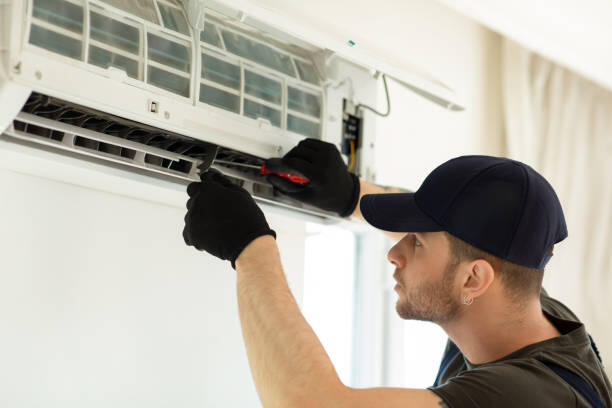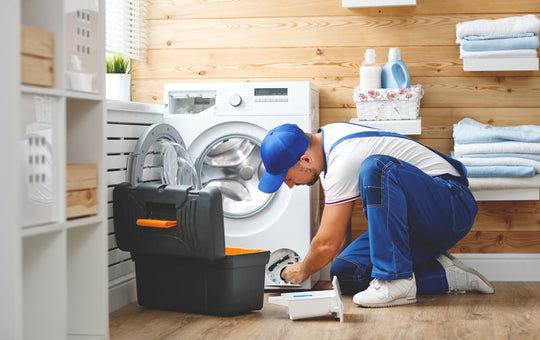Air Conditioner Troubleshooting: Understanding and Resolving Problems
Air Conditioner Troubleshooting: Understanding and Resolving Problems
An air conditioner is a crucial appliance for maintaining comfort in your home, especially during extreme weather conditions. However, like any other appliance, it can encounter issues that affect its performance. Understanding common problems and how to address them can save you time and money. This guide will walk you through some of the most frequent air conditioner issues, including refrigerant leaks, inadequate cooling or heating, airflow restrictions, electrical problems, and the importance of seasonal maintenance. By the end, you'll have a better grasp of how to keep your air conditioner running smoothly and efficiently.
Identifying Refrigerant Leaks and Recharging the System
Refrigerant leaks are a prevalent issue in air conditioning systems that can severely affect their performance. A refrigerant leak can lead to reduced cooling efficiency, longer cooling cycles, and ice formation on the evaporator coils. To identify a leak, look for signs such as an oily residue on the refrigerant lines or listen for a hissing sound near the unit. A leak often requires the expertise of a professional HVAC technician, as handling refrigerants demands specific skills and tools. The technician will detect the leak, repair it, and then recharge the system with the appropriate amount of refrigerant. It’s essential to ensure the correct type and amount of refrigerant is used, as using the wrong type or an incorrect amount can further damage the system. Regular maintenance checks can help prevent refrigerant leaks by identifying potential issues before they become significant problems. By keeping an eye on the refrigerant levels and the system's overall health, you can maintain the efficiency and longevity of your air conditioner.
Dealing with Inadequate Cooling or Heating
Inadequate cooling or heating is a common problem that can stem from various causes, including a clogged air filter, incorrect thermostat settings, or a malfunctioning compressor. First, check and replace the air filter if it is dirty or clogged, as a clean filter is essential for proper airflow and system efficiency. Next, ensure that the thermostat is set to the correct mode (cooling or heating) and at the desired temperature. If these steps do not resolve the issue, the problem might be due to a malfunctioning component such as the compressor, which may require professional inspection and repair. Other potential causes include low refrigerant levels or blocked air ducts, which can also impede the system's ability to maintain the desired temperature. Regular maintenance, including cleaning and inspection, can help prevent these issues and ensure your air conditioner operates efficiently. By addressing inadequate cooling or heating promptly, you can avoid more extensive repairs and maintain a comfortable indoor environment.
Fixing Airflow Restrictions and Blockages
Airflow restrictions and blockages can cause uneven cooling, increased energy consumption, and potential damage to your air conditioning system. Common causes of airflow issues include dirty air filters, blocked vents, or debris in the ductwork. To address these problems, start by replacing or cleaning the air filters regularly, as a clean filter ensures proper airflow and system efficiency. Next, inspect all vents to make sure they are open and free from obstructions such as furniture or drapes. If you suspect a blockage in the ductwork, it may be necessary to hire a professional to clean the ducts thoroughly. In addition to cleaning, ensure that the outdoor unit is free of debris and has adequate clearance for proper airflow. Regularly checking and maintaining clear airflow pathways can significantly enhance your air conditioner's performance and prevent costly repairs. By ensuring unrestricted airflow, you can improve the efficiency of your air conditioner and maintain a comfortable indoor environment.
Addressing Electrical Issues and Component Failures
Electrical issues and component failures are common problems that can cause your air conditioner to malfunction or stop working altogether. Signs of electrical problems include frequent tripping of the circuit breaker, unusual noises, or the unit failing to turn on. These issues can result from faulty wiring, a malfunctioning capacitor, or a failing motor. It is crucial to address electrical problems promptly to avoid further damage or safety hazards. Before attempting any inspection or repair, always turn off the power to the unit. For complex electrical issues, it is advisable to contact a licensed HVAC technician who can diagnose and fix the problem safely and effectively. Regular inspection of electrical components, such as the capacitor and wiring, can help prevent unexpected failures and ensure your air conditioner operates smoothly. By addressing electrical issues promptly and ensuring proper maintenance, you can prolong the lifespan of your air conditioner and avoid costly repairs.
Maintaining Proper Functionality Through Seasonal Checks
Seasonal maintenance is essential to ensure your air conditioner functions correctly and efficiently throughout the year. Before the cooling season begins, perform a thorough check of the entire system. Start by cleaning or replacing the air filters to ensure proper airflow and system efficiency. Next, inspect the refrigerant levels and check for any signs of wear or damage to the components. Ensure that the outdoor unit is free of debris and has adequate clearance for proper airflow. Scheduling professional maintenance at least once a year can help identify and address potential issues before they become significant problems. Regular maintenance not only improves performance but also extends the lifespan of your air conditioner. By performing seasonal checks and addressing any issues promptly, you can ensure your air conditioner operates efficiently and maintains a comfortable indoor environment throughout the year.
Conclusion
Troubleshooting common air conditioner problems can help you maintain a comfortable living environment and avoid costly repairs. By understanding and addressing issues such as refrigerant leaks, inadequate cooling or heating, airflow restrictions, electrical problems, and the importance of seasonal maintenance, you can keep your air conditioner running smoothly. Regular maintenance and timely repairs will ensure optimal performance, energy efficiency, and a longer lifespan for your unit. If you encounter complex issues, don't hesitate to seek professional assistance to keep your air conditioner in top condition. By taking these steps, you can enjoy a comfortable and efficient home environment, much like how strategic planning ensures smooth operations and success in any business venture.
